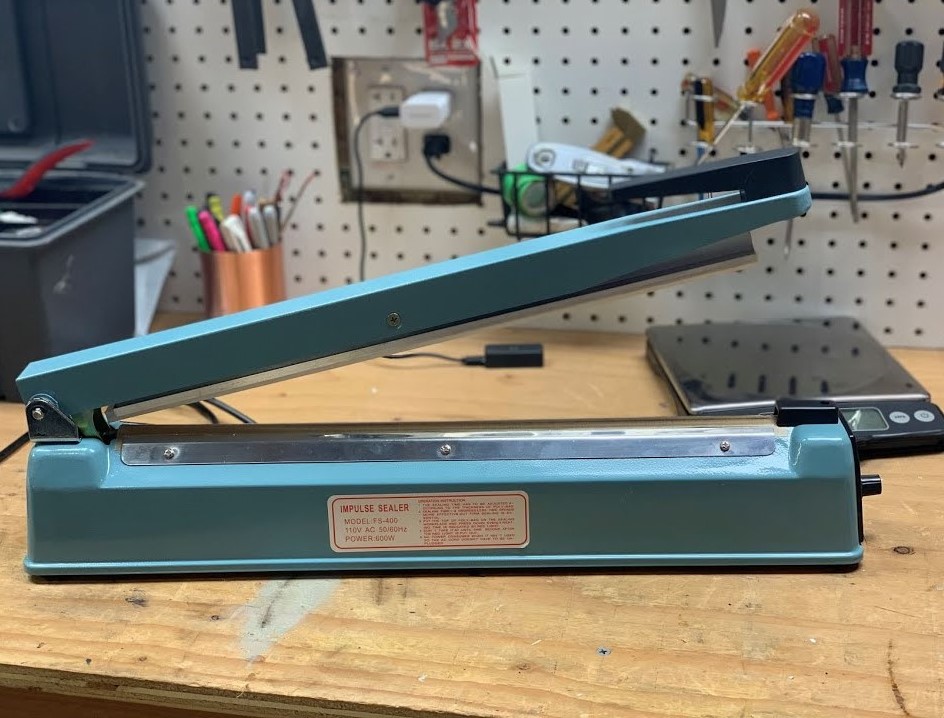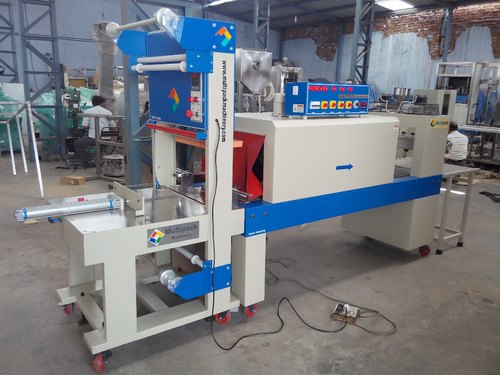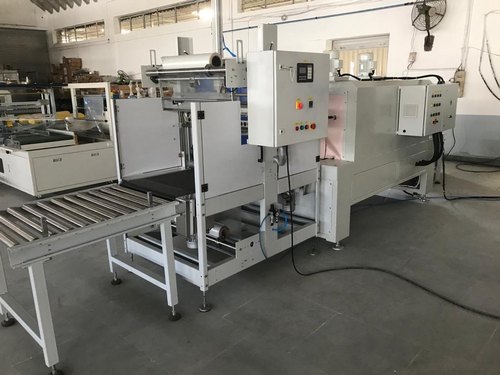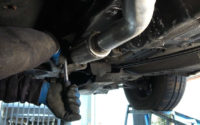Tips for Choosing the Ideal Heat Sealing Machine
As their name suggests, heat sealers are devices used to seal different packages and thermoplastic materials. These devices can come in handy in multiple situations and settings including packaging businesses as well as for home use. So, whether you’re looking for a plastic bag heat sealer to wrap things at home, or a sealer to upgrade your business’s packaging kit, here’s what you need to consider when exploring the market.

Determine the Sealing Material
The type of material you’re about to seal, as well as the different thicknesses they feature, will highly determine the type of heat sealer to choose. For instance, if you’re about to seal thermoplastic materials such as polyethylene, polyurethane, nylon, foil and cushioning bubble wraps, it’s best to get a plastic bag heat sealer. Such sealers come in a variety of forms – from hand sealers for smaller tasks to double impulse sealers for heavy-duty applications.
On the other hand, thicker types of materials such as cellophane, waxed papers, gusset bags and coated aluminium foil are best sealed with constant sealers that penetrate their heat much deeper than impulse sealers.
What Are the Different Types of Heat Sealers?
The market nowadays is loaded with many different heat sealers, designed for different purposes. Let’s take a closer look at them so you can decide which type of heat sealer to buy.
Impulse Heat Sealers
Impulse heat sealers work by applying an energy pulse to the sealing area for a specific period. These machines can be of great use for fusing thermoplastic materials that don’t need high temperatures to form a seal, such as Polyethylene, Polyurethane, nylon, mailers, bubble packs, etc.

An impulse heat sealer makes for the safest and the most economical sealing machine, as they heat up and cool down instantly to avoid burns and high energy bills.
Constant Heat Sealers
Unlike impulse sealers, constant heat sealers are designed to provide a high continuous heat in the sealing jaws. As these healers are able to offer great temperature control, they’re most suitable for sealing thermoplastic and poly-coated materials that need constant heat to be thicker, as well as able to handle high temperatures without becoming weak or starting to melt.
Constant Heat Rollers
Constant heat rollers feature Teflon coated wheels that are rolled along the material supposed to be sealed. These sealers are portable, feature an adjustable temperature range and are very easy to use, which makes them very suitable for sealing cellophane and Polyethylene (plastic bags) at home.

Band Sealers
Band sealers make for one of the fastest devices for sealing, as they’re built with conveyor belts and alphanumerical embossing wheels. These devices also feature temperature controls that let you set the heat levels, according to your needs.
Hood Shrink Sealers
Hood shrink sealers are known for applying heat that shrinks the plastic film around the product. These sealers are built the way they cover the specific item and send it through their heat tunnels or ovens to shrink the wrap.
Such machines come with automated, semi-automated and manual equipment, where you can program the shrinking and cooling time according to the items and shrink materials you’re using.
Automatic Heat Sealers
Automatic heat sealers are designed for continuously sealing some thermoplastic films such as polyethylene, polypropylene and others. These sealing machines require setting controls and programming, to make them able to maintain consistent seals automatically.
Hence, automatic heat sealing machines make for a great option for sealing poly cello films, cellophane films, aluminium foil, gusset bags etc.

Shrink-a-pack Sealers
These machines are designed for shrinking and wrapping packages, and this is why they feature heat guns, as well as film dispensers attached. Hence, they can come in very handy for businesses looking for a sealer to produce odd-shaped items such as hampers, making them perfect for chemists and newsagents bundling up different items.
Gas Shrink Guns
Gas shrink guns make for very fast, cost-effective and highly-protective devices for sealing different bags. Hence, they’re commonly used for shrink polyethylene pallet covers, pallet bags, polythene sheeting, shrink films and many more.
Pick the Right Size
The size of your heat sealer will highly depend on the width of the material you’re about to seal, so make sure you choose optimally according to the task you’re about to perform. In addition to this, it’s recommended to add a few extra centimetres for easier handling, as well as to avoid the device’s cutters trimming less than the width of the sealer’s arm.

Think About the Speed
The speed of the heat sealing machine is typically measured by the number of bags it can seal in one minute. Hence, it’s always best to pick one according to the tasks you’ll perform.
For instance, if you’re looking for a bag heat sealer for home use, a small and portable sealer is more than sufficient. Even though these sealers are slightly small and very compact, they’re able to seal from 6, up to 15 bags within a minute.
On the other hand, high production jobs and packaging businesses will require faster heat sealers designed for industrial settings. Continuous heat sealers, as well as band sealers, make for a great option so you can adjust the temperature according to the material and seal different bags exceptionally fast.



